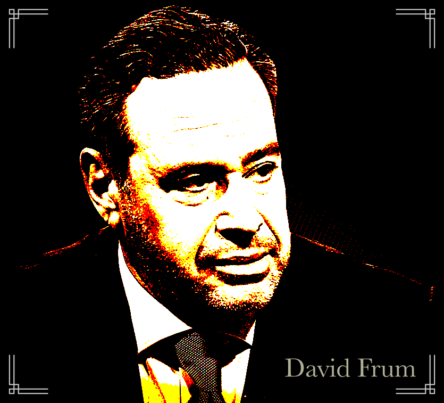There’s been a lot of talk about Robert Draper’s New York Times article on a possible “libertarian moment.” On Townhall, “last weekend,” I focused on the partisan political aspect of the movement. There was a lot of curious stuff in the article, and I haven’t seen anyone comment on one of its stranger passages.
Call it a moment of culture shock.
“What does that mean, ‘I own myself?’ ” David Frum, a former speechwriter for George W. Bush and Republican commentator, sputtered in exasperation when we spoke later. “Can I sell myself? If I can’t, I don’t own myself.”
Taken at face value, one could simply answer Frum by mentioning that in olden times people could sell themselves — into slavery.
Or one could make an extended political point. “Haven’t we all sold ourselves long ago?” That might be unnerving.
But the informed answer is this: “We can’t sell ourselves because our ‘self-propriety’ (as Richard Overton put it long ago) differs from other kinds of ownership. Our self-ownership is inalienable. That’s why it’s so important.”
It’s like this: You own you, I own me — we are free.
It turns out, Mr. Frum, that this “inalienability” idea was central to much discussion of rights at the founding of our country. Funny you don’t seem to know anything about that.
This is Common Sense. I’m Paul Jacob.
